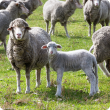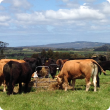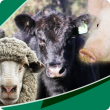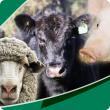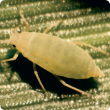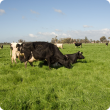Filter by regions:
- (-) Remove Goldfields-Esperance filter Goldfields-Esperance
- Great Southern (777) Apply Great Southern filter
- Wheatbelt (770) Apply Wheatbelt filter
- Mid West (752) Apply Mid West filter
- South West (728) Apply South West filter
- Peel (649) Apply Peel filter
- Gascoyne (586) Apply Gascoyne filter
- Perth regions (520) Apply Perth regions filter
- Pilbara (512) Apply Pilbara filter
- Kimberley (491) Apply Kimberley filter


